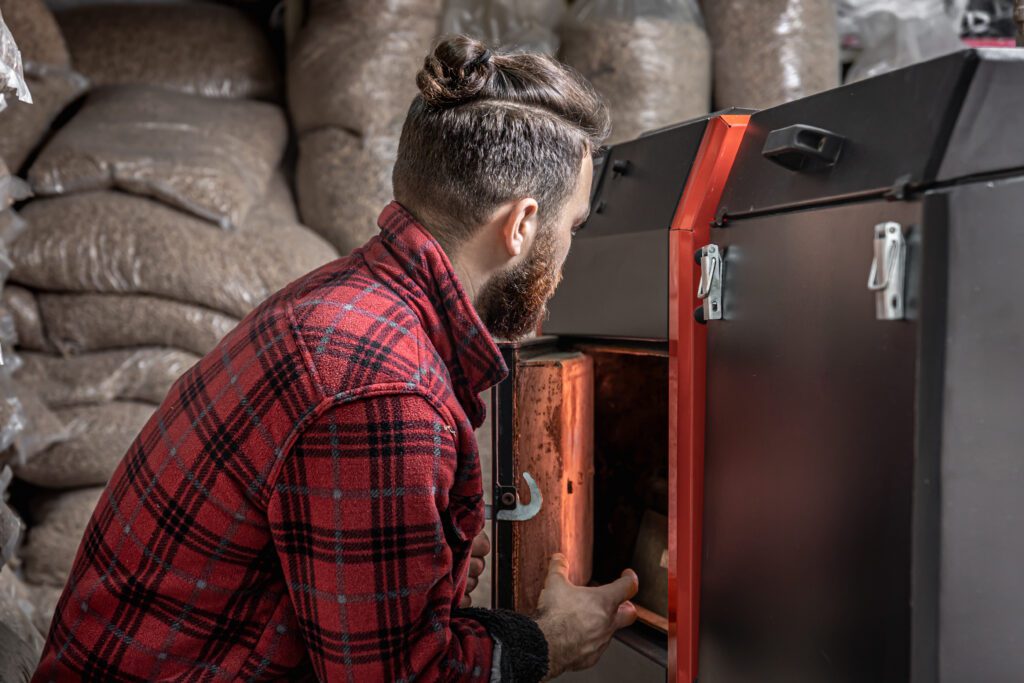As winter approaches, the functionality of your home furnace becomes increasingly important. Understanding how to maintain and repair your furnace can save you from unexpected breakdowns and costly repairs. In this article, we will cover the essential do’s and don’ts of furnace repair to help homeowners keep their systems running smoothly and safely.
Understanding Your Home Furnace
Basic Components of a Furnace
A furnace consists of several key components that work together to provide heat. These include the burner, heat exchanger, blower motor, and thermostat. The burner ignites the fuel, whether gas, oil, or electricity, to produce heat.
The heat exchanger transfers the heat generated to the air that circulates through your home. It is crucial to maintain these components—dirty or worn parts can lead to inefficient operation and increased energy costs. Regular inspections and cleanings can prolong the life of your furnace and ensure it operates at peak efficiency. Additionally, understanding the specific type of fuel your furnace uses can help you make informed decisions about energy consumption and costs.
How a Furnace Works
The operation of a furnace begins when the thermostat detects that the temperature in your home has fallen below the set point. It signals the furnace to start. The burner ignites, and the heat exchanger begins to warm the air that the blower motor then circulates throughout your home’s ductwork.
Understanding this process can help you identify potential issues—if your furnace is not heating effectively, recognizing the signs of failure can expedite repairs and improve comfort levels inside your home. For instance, unusual noises, inconsistent heating, or an increase in energy bills can all indicate that your furnace requires attention. Additionally, knowing how to adjust your thermostat settings can optimize your furnace’s performance, allowing for better energy management and comfort during the colder months. Regularly changing the air filter is another simple yet effective way to ensure your furnace runs smoothly, as a clean filter promotes better airflow and efficiency.
The Importance of Regular Furnace Maintenance
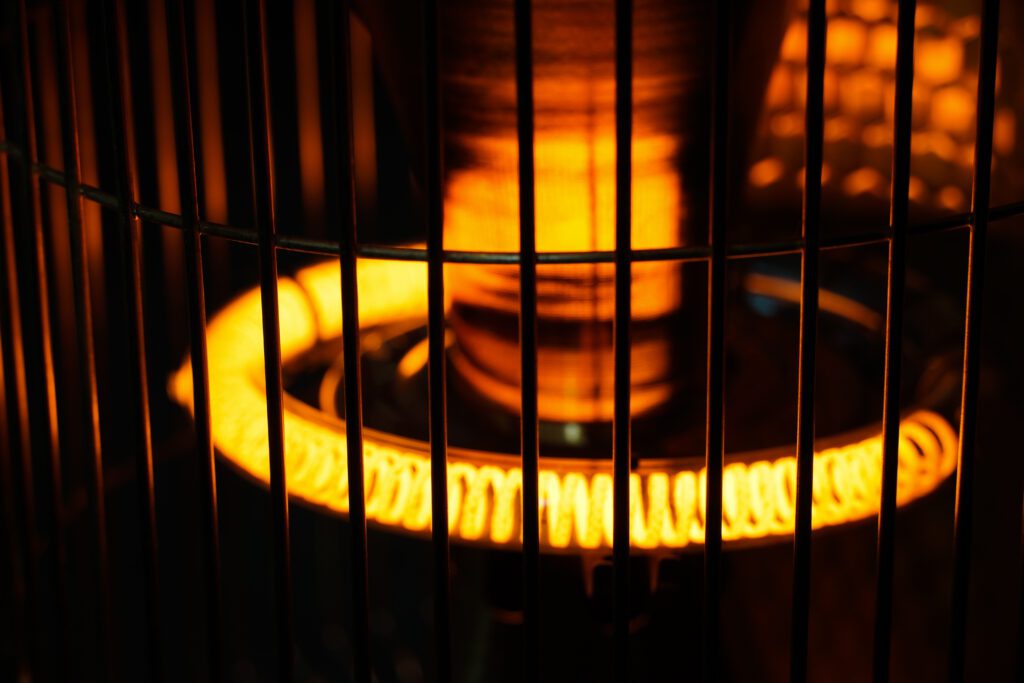
Preventing Common Furnace Problems
Regular maintenance is essential for preventing common furnace problems such as pilot light issues, improper airflow, and overheating. By scheduling seasonal check-ups, you can often catch these issues early before they escalate into costly repairs.
During maintenance visits, a technician can clean and inspect critical components, ensuring optimal performance and safety. Ignoring these check-ups can lead to a build-up of dirt and grime, which can impede your furnace’s efficiency. Moreover, a neglected furnace can become a safety hazard, as issues like gas leaks or carbon monoxide buildup can occur without regular inspections. Ensuring that your furnace is in good working order not only saves you money but also protects your home and family from potential dangers.
Extending the Lifespan of Your Furnace
A well-maintained furnace can last 15 to 20 years. Regular maintenance can extend its lifespan significantly. Tasks such as replacing worn belts, cleaning filters, and ensuring proper airflow can keep your furnace operating efficiently.
Additionally, many manufacturers require proof of regular maintenance to uphold warranty coverage. Neglecting these services may void your warranty, meaning you could be responsible for 100% of future repair costs. Furthermore, investing in annual maintenance can lead to improved energy efficiency, which translates to lower utility bills. A furnace that runs smoothly uses less energy to heat your home, making it a financially savvy choice in the long run. By prioritizing regular maintenance, you not only enhance your furnace’s performance but also contribute to a more sustainable household by reducing your overall energy consumption.
Do’s of Furnace Repair
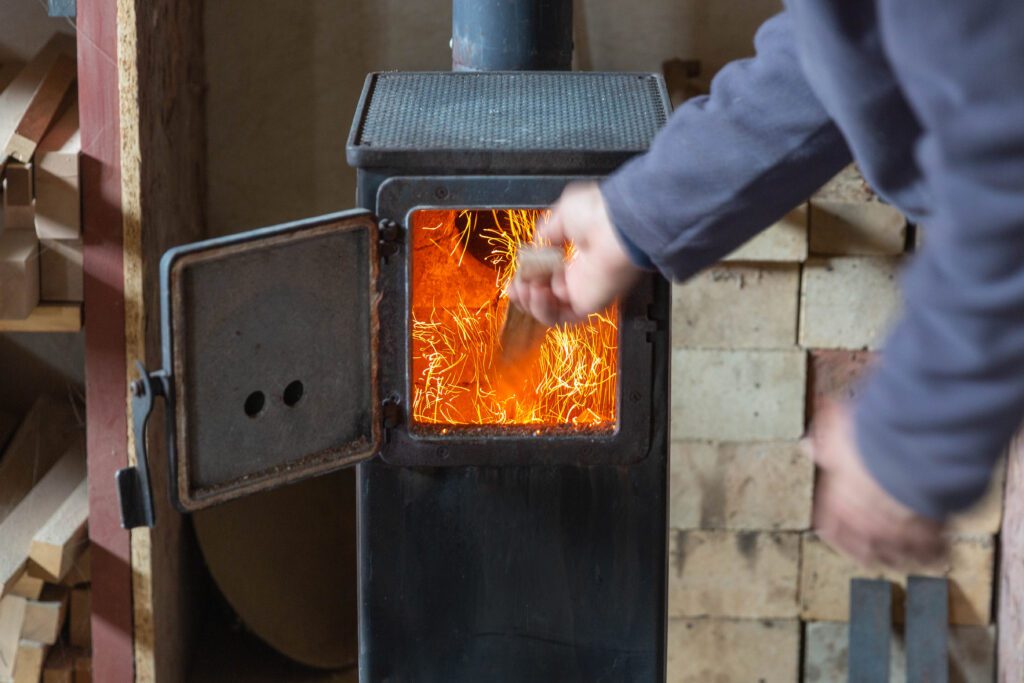
Regular Inspection and Cleaning
It is advisable to schedule regular inspections and cleaning of your furnace. This should ideally happen at least once a year, preferably before the heating season begins. A professional technician can identify problems that you might overlook.
During an inspection, technicians will clean the furnace components, check for wear and tear, and test the system to ensure it functions correctly. This proactive approach can reduce the chance of emergency breakdowns later in the season. Additionally, keeping your furnace clean helps maintain indoor air quality, as dust and debris can accumulate and circulate throughout your home. By ensuring that your furnace is in optimal condition, you not only extend its lifespan but also create a more comfortable living environment for you and your family.
Replacing Filters
One of the simplest yet most effective maintenance tasks for your furnace is regularly replacing the air filter. A dirty filter restricts airflow and forces the furnace to work harder, leading to increased energy bills and potential damage to the system.
Depending on usage, you should check and replace your air filter every 1-3 months. This small task can dramatically improve your furnace’s efficiency and lifespan. Furthermore, using high-efficiency filters can trap more particles and allergens, which is especially beneficial for households with allergy sufferers or pets. By investing a little time in this routine maintenance, you can enjoy cleaner air and a more efficient heating system, ultimately saving money on energy costs.
Seeking Professional Help for Major Issues
There are scenarios where do-it-yourself fixes can create more problems than solutions. If you encounter issues like a malfunctioning thermostat, recurring ignition failures, or severe gas odors, it is critical to seek professional help. Attempting repairs without the proper knowledge can pose safety risks.
Qualified technicians have the training and experience needed to address complex issues safely and correctly, giving you peace of mind that your furnace is in good hands. They can also provide valuable insights into your system’s performance and suggest upgrades or modifications that could enhance efficiency. Regular consultations with a professional can help you stay informed about your furnace’s condition and any potential improvements, ensuring that your heating system remains reliable and effective throughout the cold months.
Don’ts of Furnace Repair
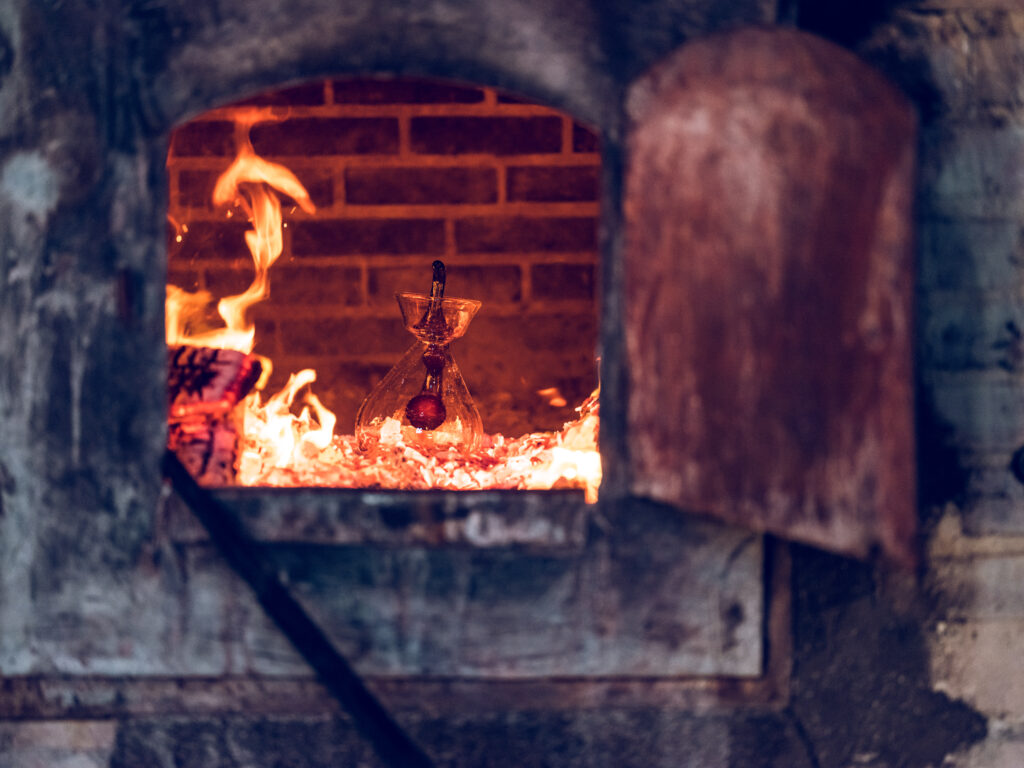
Avoid DIY for Complex Repairs
While there are many minor repairs and maintenance tasks that homeowners can handle, more complex repairs should always be left to the professionals. Attempting to fix issues like electrical problems or gas leaks can not only damage your furnace but can also pose dangerous risks to you and your family.
If you are unsure about the nature of the problem, it’s better to err on the side of caution and consult with an HVAC professional. These experts have the training and experience to diagnose and repair issues safely, ensuring that your heating system operates efficiently and effectively. They also have access to specialized tools and equipment that may not be available to the average homeowner, further ensuring that repairs are done correctly the first time.
Ignoring Strange Noises or Smells
Many homeowners make the mistake of ignoring strange noises or smells coming from their furnace. Unusual sounds, such as banging, popping, or squeaking, can indicate serious issues that require immediate attention.
Similarly, if you smell gas or unusual odors emanating from your furnace, it is crucial to turn off the system and call a technician. Prompt action can prevent dangerous situations, such as gas leaks or fires. It’s also worth noting that some smells, like a burning odor, could indicate that dust or debris has accumulated in the system, which can lead to overheating and potential damage. Regularly inspecting and cleaning your furnace can help mitigate these risks and keep your home safe.
Neglecting Regular Maintenance
It can be easy to forget about your furnace until it breaks down, especially during warmer months. However, neglecting regular maintenance can lead to major issues, decreased efficiency, and ultimately, higher repair costs.
Establish a schedule and set reminders for regular maintenance appointments. Investing time and money into furnace upkeep will pay off in comfort and savings down the line. Regular maintenance not only extends the lifespan of your furnace but also helps maintain optimal energy efficiency, which can significantly lower your utility bills. During these maintenance checks, professionals can clean vital components, check for wear and tear, and ensure that your system is operating safely, giving you peace of mind during the colder months.
Safety Measures During Furnace Repair
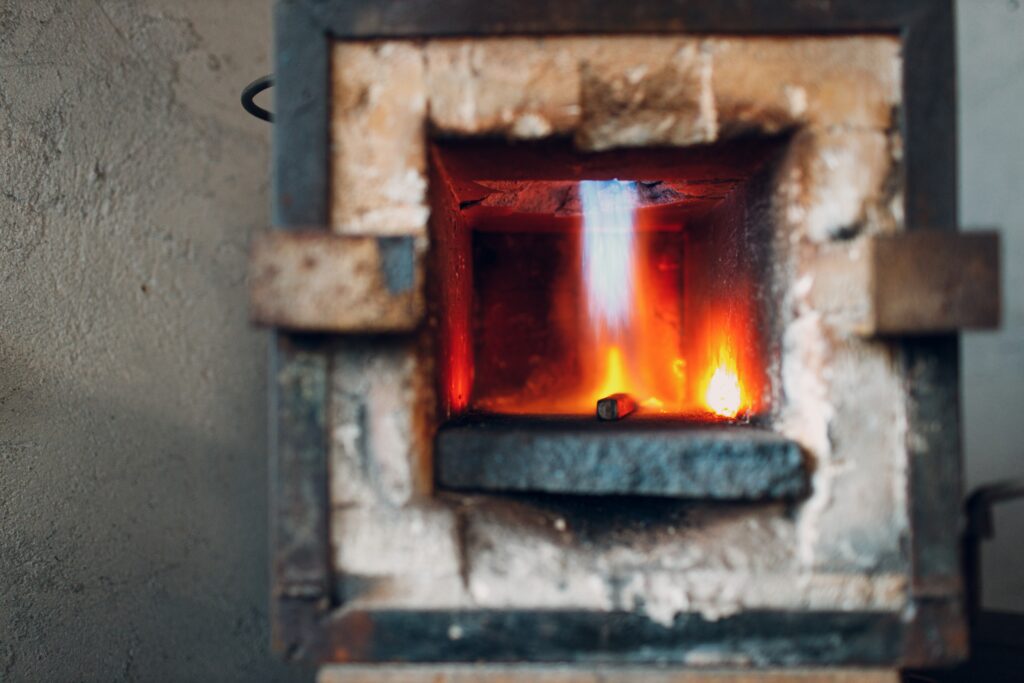
Handling Gas Leaks
Gas leaks are one of the most serious issues that can occur in a furnace. If you suspect a gas leak, it is vital to act quickly. First, turn off the gas supply and leave the premises immediately. Do not use any electrical appliances or create sparks, as this can lead to an explosion.
Call your gas company or a qualified technician from a safe distance. Gas leaks are dangerous, and professional intervention is essential to ensure the safety of you and your family. It’s also a good idea to familiarize yourself with the smell of natural gas, which is often described as similar to rotten eggs due to the added odorant. Installing gas detectors in your home can provide an additional layer of safety, alerting you to any leaks before they become a serious hazard. Regularly checking the condition of your furnace and gas lines can also help prevent leaks from occurring in the first place.
Dealing with Electrical Issues
If your furnace exhibits electrical issues, such as tripped circuit breakers or flickering lights, it is crucial not to attempt repairs without proper knowledge. Electrical systems can be complex and hazardous if mishandled.
Always ensure the power is turned off before conducting any inspection, and when in doubt, consult an electrician or HVAC professional. Safety should always be your top priority when dealing with appliance repairs. Additionally, consider investing in surge protectors to safeguard your furnace against power surges that can lead to electrical failures. Keeping your furnace’s electrical components clean and free from dust can also help maintain its efficiency and reduce the risk of electrical issues. Remember, the best approach to any electrical problem is to err on the side of caution and seek professional assistance when necessary.
In conclusion, mastering the do’s and don’ts of furnace repair can greatly enhance the efficiency and safety of your heating system. By prioritizing regular maintenance, seeking professional help when necessary, and being vigilant about safety, you can ensure a warm and problem-free winter.

